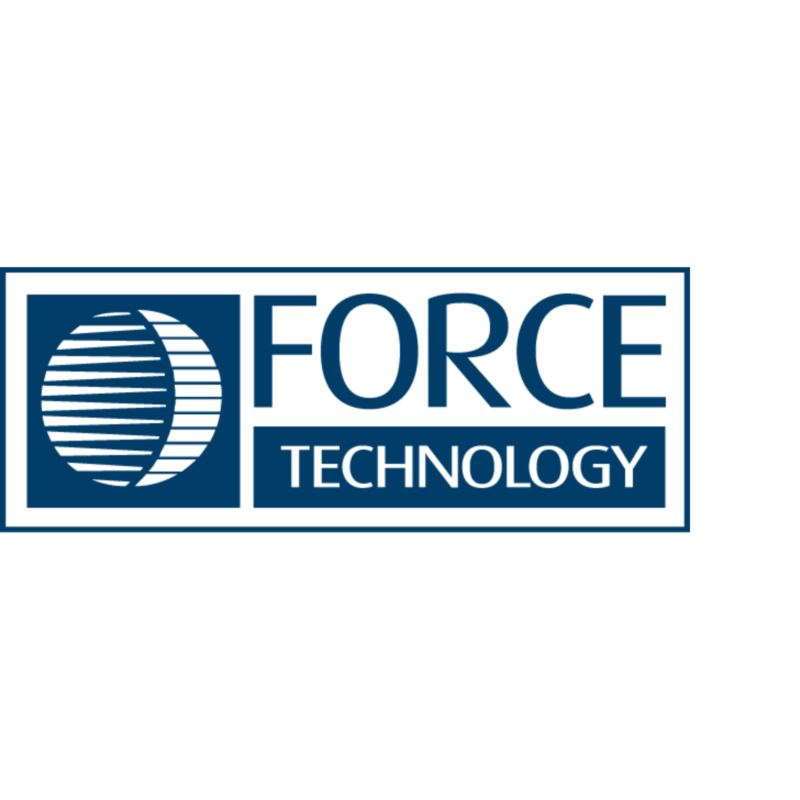Progress on standardizing the European data economy
Together with my colleague Sebastian Steinbuss, CEN/CENELEC JTC 25 chair, I joined experts from across Europe for three days of intensive discussions. The goal was clear: to turn the regulatory ambitions set out in Article 33 of the EU Data Act into technical standards that can be implemented by industry. The scope of data spaces or technical standards spans data spaces concepts and characteristics, trustworthiness, interoperability, and data spaces maturity model and in collaboration with ETSI data catalogs and semantic assets.
On behalf of IDSA, I presented a contribution paper highlighting how our assets contribute to JTC 25’s goals – especially on the standardization request regarding the Trusted Data Framework. The document outlines concrete pathways for aligning technical architectures with upcoming regulatory requirements.
Deliverables enter execution phase
One of the most significant developments from the plenary was the formal advancement of the Trusted Data Transaction Part 1 deliverable. This document reflects a uniquely European interpretation of how data spaces manage data rights and responsibilities. It has now reached the “enquiry” stage, signaling that the proposal is mature enough for broader consultation and refinement.
Other deliverables have also reached critical early milestones. Several documents have finalized their scope and are transitioning into drafting and editing stages. Together, these outputs lay the technical groundwork for how data can be shared securely and fairly in line with the Data Act’s objectives.
Sebastian Steinbuss emphasized that the process is now fully underway: “The ball is in the game and rolling. The next months are about execution, turning consensus into standards that can be implemented.”
What it means for users of data spaces
For businesses and public sector actors preparing to operate within regulated European data spaces, these standardization activities are highly consequential. They will define how interoperability is achieved, how trust is built between participants, and how compliance with the Data Act will be measured.
The Trusted Data Transaction deliverables, in particular, offers a framework for ensuring that data sharing is not just technically feasible, but also legally and ethically robust. It ties into ongoing work by IDSA and the whole ecosystem on enabling sovereign data sharing between organizations.
What’s next
With the groundwork laid and key deliverables moving forward, the focus now shifts to refining drafts and gathering feedback. The next plenary meeting will take place in Berlin this October, offering another milestone for progress.
For IDSA, ongoing participation in JTC 25 is both a responsibility and an opportunity to ensure that European data spaces are not only functional but also built on shared trust. Organizations interested in contributing to or aligning with this work are welcome to reach out to me or Sebastian. We also encourage you to join the IDSA Working Groups and take an active role in shaping the standards that will define tomorrow’s data spaces.










